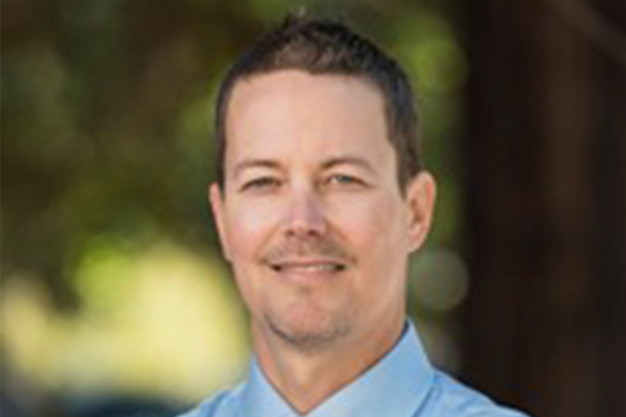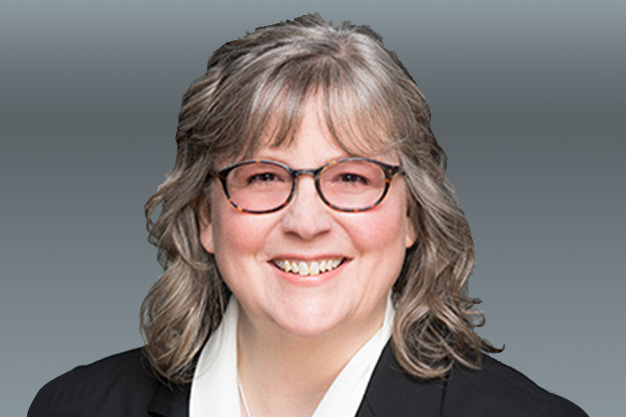


Dr. Michael Dacey is a board certified dermatologist and 16 year veteran of the Palo Alto Medical Foundation (a division of Sutter Health). He is a graduate of the University of Notre Dame and did his medical training at the University of Louisville. The sole focus of his practice is management and advancements in the treatment of skin cancer, having performed over 15,000 melanoma and non-melanoma (basal cell, squamous cell, other) skin cancer surgeries. Dr. Dacey has served as an advisor to multiple medical startup companies which included product development and capital fundraising. Dr. Dacey is also a lead principal investigator of the NIH-funded clinical study designed to test clinical performance of TruScore device.

Sancy Leachman, M.D., Ph.D Sancy Leachman, M.D., Ph.D., is a physician-scientist who chairs the Department of Dermatology at Oregon Health & Science University (OHSU) and is the director of the Melanoma Research Program at the OHSU Knight Cancer Institute, an NCI-designated Comprehensive Cancer Center.
The inaugural recipient of the John D. Gray Endowed Chair in Melanoma Research and Chair of the Southwest Oncology Group Melanoma Prevention Working Group, she is a dermatologist using basic science research and state-of-the-art technology to combat skin cancer.
Leachman’s research examines the role of genetic predisposition and differential gene expression in the development of melanoma, with an emphasis on the familial melanoma syndrome. She is interested in prevention, early detection, and chemoprevention of melanoma, particularly in genetically predisposed melanoma families. Through her investigations, she is seeking to develop agents that will serve as diagnostic tools, prognostic indicators, or targeted agents for the prevention of melanoma.
Leachman is passionate about fighting the “War non Melanoma” and has led the effort in building one of the largest national melanoma patient registries in Oregon. In line with the OHSU Knight Cancer Institute’s focus on the early detection of cancer, Leachman and team have developed a mobile phone app, MoleMapper, which tracks moles and their change and growth over time. MoleMapper will help to gather data for melanoma research and, potentially, impact health outcomes in individuals at risk.
Prior to joining OHSU in 2013, Dr. Leachman was director of the Melanoma and Cutaneous Oncology Program at Huntsman Cancer Institute at the University of Utah, a professor in the Department of Dermatology, and member of the Imaging, Diagnostics, and Therapeutics Program and the Cancer Control and Population Sciences Program.
Leachman also worked on a DNA vaccination study to prevent and treat papillomavirus-induced squamous cell carcinoma at Yale University School of Medicine where she completed her residency training and research fellowship. Leachman was awarded the prestigious Doris Duke Clinical Scientist Development Award in 2000 and is currently an NIH R01- and Department of Defense-funded principle investigator.
Dr. Leachman earned an M.D., Ph.D. at the University of Texas Southwestern Medical School, 1993 and her B.A. at the University of Texas at Austin Plan II, 1985. Her residency was at Yale-New Haven Hospital (dermatology) in New Haven, CT; she completed a Fellowship in cutaneous oncology at Yale University School of Medicine, and is certified by the American Board of Dermatology.
When not working, Leachman spends time with her husband and two children in outdoor pursuits including hiking, skiing and backpacking.